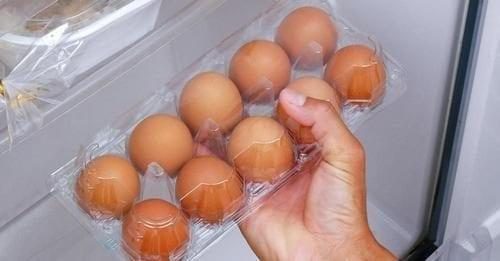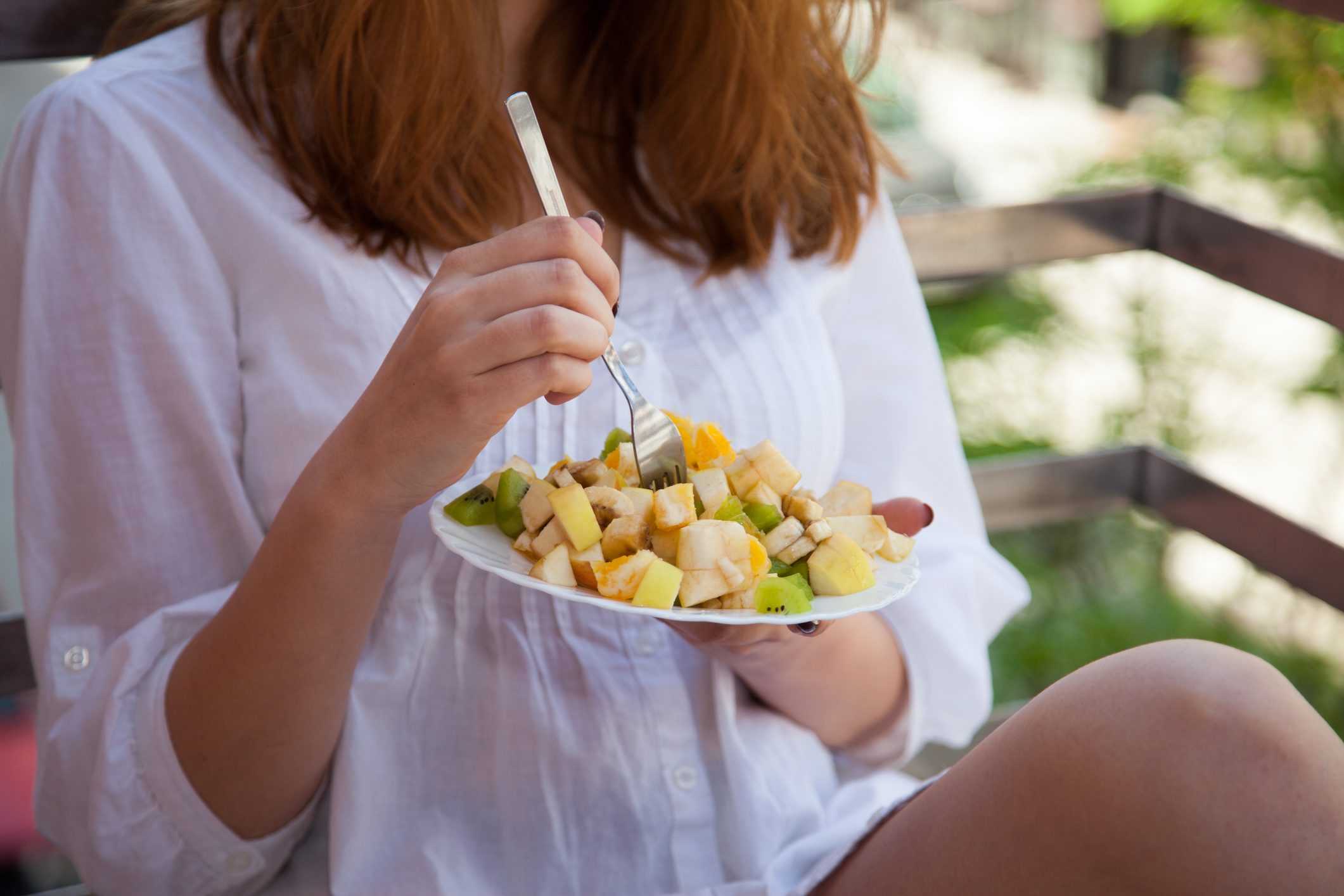Here’s the Truth About how to Store Eggs
There seems to be some confusion as to how best to store eggs, with some people saying they must be kept in the fridge, and others saying that they can be kept on the counter.
;Resize,width=742;)
There seems to be some confusion as to how best to store eggs, with some people saying they must be kept in the fridge, and others saying that they can be kept on the counter. In the UK, eggs are often kept quite safely on the counter or in a cupboard, but Americans prefer to keep their eggs in the fridge and are often horrified that Brits don’t refrigerate their eggs!
The tips below are for those who prefer to refrigerate their eggs, so read on to find out how to safely store your eggs in the fridge.
Keep Eggs in the Carton

Some folk like to throw the egg carton away and put their eggs in the egg holder in the fridge, or in a bowl. However, it’s best to keep them in their original carton for two reasons.
First, the carton protects the eggs and stops them from absorbing strong odors or flavors from other foods that are in the fridge. Eggs have thousands of tiny pores in the shells, so they can easily absorb the characteristics of the other foods they are kept near.
Secondly, if you keep the eggs in the original carton, you will always be able to see the Best Before date. That means that you will know if the eggs are still fresh without guessing. Eggs should also always be stored with the large end pointing up, just as they were put in the carton.
Tips for Storing Raw and Cooked Eggs

• Don’t keep eggs in the fridge door. They need to go in the main part of the fridge to ensure they keep consistently cool.
• If you want to store raw egg whites and yolks, put them in airtight containers and store them immediately in the fridge. To stop yolks drying out, cover them with a little water, and drain it off when you are ready to use them.
• Hard-boiled eggs often give off a gassy, sulphurous odor in your fridge. This is caused by hydrogen sulphide (the little grey band around the yolks of hard-boiled eggs) and is completely harmless. The smell usually goes within a few hours.
Safe Storage Times for Eggs
Fresh shell eggs – by best before date
Leftover yolks and whites – within 2 to 4 days
Hard-boiled eggs – within 1 week
Prepared egg dishes – within 3 to 4 days
Pickled eggs – within 1 month
Frozen, blended whole eggs – within 4 months
Freezing Eggs

Not everyone is aware that you can freeze eggs, but certain kinds of raw and prepared eggs can be frozen following these instructions. You can’t freeze eggs in their shells, though.
• Whole eggs – whisk until just blended, then pour into freezer containers and seal tightly. Label with the number of eggs and the date before freezing.
• Egg whites – Separate the eggs one at a time, being careful that no yolk is in with the whites. Pour into freezer containers, seal tightly and label. If you want faster thawing whites, pour into an ice cube tray and freeze before transferring the egg cubes to a freezer container.
• Egg yolks – Egg yolks thicken and turn to a gel when frozen, so they need special preparation before freezing. To slow the thickening down, mix in either 0.5 ml of salt or 1 ½ tsp sugar or corn syrup per ¼ cup egg yolks (around 4 yolks). Label with the number of yolks, date, and whether they’ve been salted (for savory dishes) or sweetened (for baking or desserts).
• Hard-boiled eggs – You can freeze hard-boiled egg yolks to use at a later date for toppings and garnishes. Put the yolks in a single layer in a pan and add enough water to come at least one inch over the yolks. Cover and bring to the boil, then remove from heat and let stand in the water for around 15 minutes. Remove the yolks with a slotted spoon, drain, and pack for freezing. Don’t freeze whole boiled eggs and egg whites, as they turn hard and watery when frozen.
Using Frozen Eggs in Cooking

Simply thaw the frozen eggs overnight in the fridge, or under cold running water. Use the eggs as soon as they are thawed, and only in dishes where they will be properly cooked.
Here is some recommended thawed egg substitute amounts:
1 fresh large egg white – 2 tbsp (30ml) thawed egg white
1 fresh large yolk – 1 tbsp (15ml) thawed egg yolk
1 large fresh egg – 3 tbsp (45ml) thawed whole egg
How Can I Tell if My Eggs Are Fresh?

The Best Before date on the egg carton is the simplest way to tell, but here are a few others:
• Fresh eggs will sink in water while older eggs float.
• Fresh egg yolks sit up high on a thick white. Older eggs have flat yolks and thin, watery whites.
• Cloudy egg whites are a sign of freshness, not of age. The cloudiness is caused by the high carbon dioxide content from when the egg was laid.
;Resize,width=767;)
;Resize,width=712;)
;Resize,width=712;)

